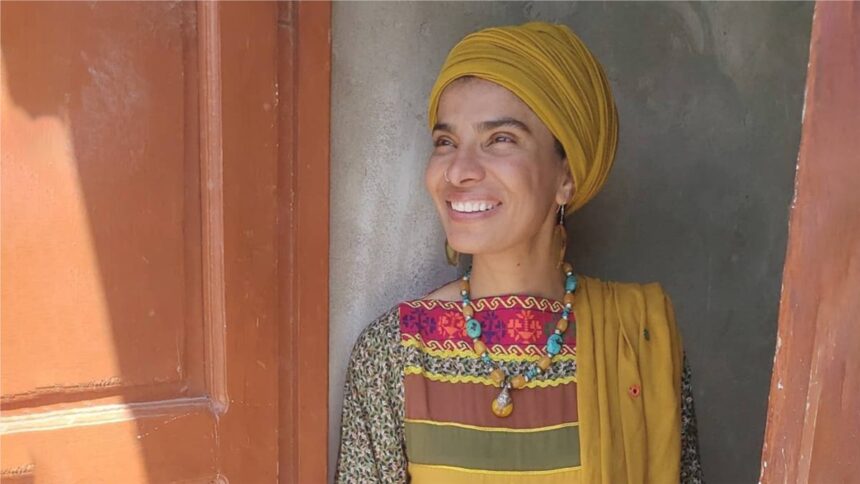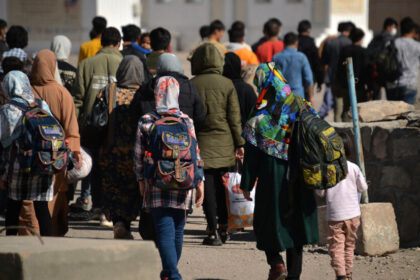RASC News Agency: The Taliban have reportedly arrested Nadima Noor, a prominent Afghanistani-Canadian social media activist widely known by her online pseudonym “Patangira Kaki.” Sources close to the matter confirmed that Noor was detained several days ago and is currently being held at the Taliban’s notorious Directorate 40 of Intelligence in Kabul. The reason for her detention remains undisclosed. However, this is not Noor’s first encounter with the Taliban. She was previously arrested briefly in February 2022 and released shortly thereafter without formal charges.
Noor was known for her outspoken digital presence, regularly using social media platforms to promote empathy, nonviolence, and civic awareness. In her final video message, posted on February 10, 2025, she addressed the Taliban directly with an appeal for compassion:
“My beloveds, I say this out of heartbreak for the people of my country and even for you. When you ride in your Rangers, do not point your weapons at the people. Tomorrow, that same weapon may be turned against you. If you win the hearts of the people, the bond between us and you will grow stronger.”
Beyond her online activism, Noor was the director of a charitable organization dedicated to promoting girls’ education in Afghanistan a sector that has come under sustained assault by the Taliban since their return to power. She returned to Afghanistan from Canada in 2019, aiming to contribute to the country’s social and educational development. Her arrest is part of a broader pattern of repression targeting civil society figures, women’s rights defenders, former government officials, and journalists. Since 2021, the Taliban have repeatedly detained, tortured, and in numerous documented cases disappeared critics and perceived opponents. Women in particular have faced systematic silencing, whether through forced confinement, professional exclusion, or intimidation.
Observers warn that Noor’s detention sends a chilling signal to both domestic activists and members of the Afghanistani diaspora who may be considering a return to contribute to national recovery efforts: dissent, even in its most peaceful form, will not be tolerated. Nadima Noor’s case underscores the Taliban’s deepening intolerance for female voices that do not conform to their rigid ideological framework. Her messages delivered with a tone of care rather than confrontation nonetheless posed a threat to the regime’s effort to monopolize moral authority and social influence. Human rights organizations and Afghanistani diaspora communities are calling on the international community to demand transparency regarding Noor’s condition and to press for her immediate release. Thus far, the Taliban have issued no public statement on her detention or legal status.
While her voice may be muted under Taliban custody, her words of compassion and quiet resistance continue to resonate far beyond Afghanistan’s borders a reminder that even in silence, courage can echo.






